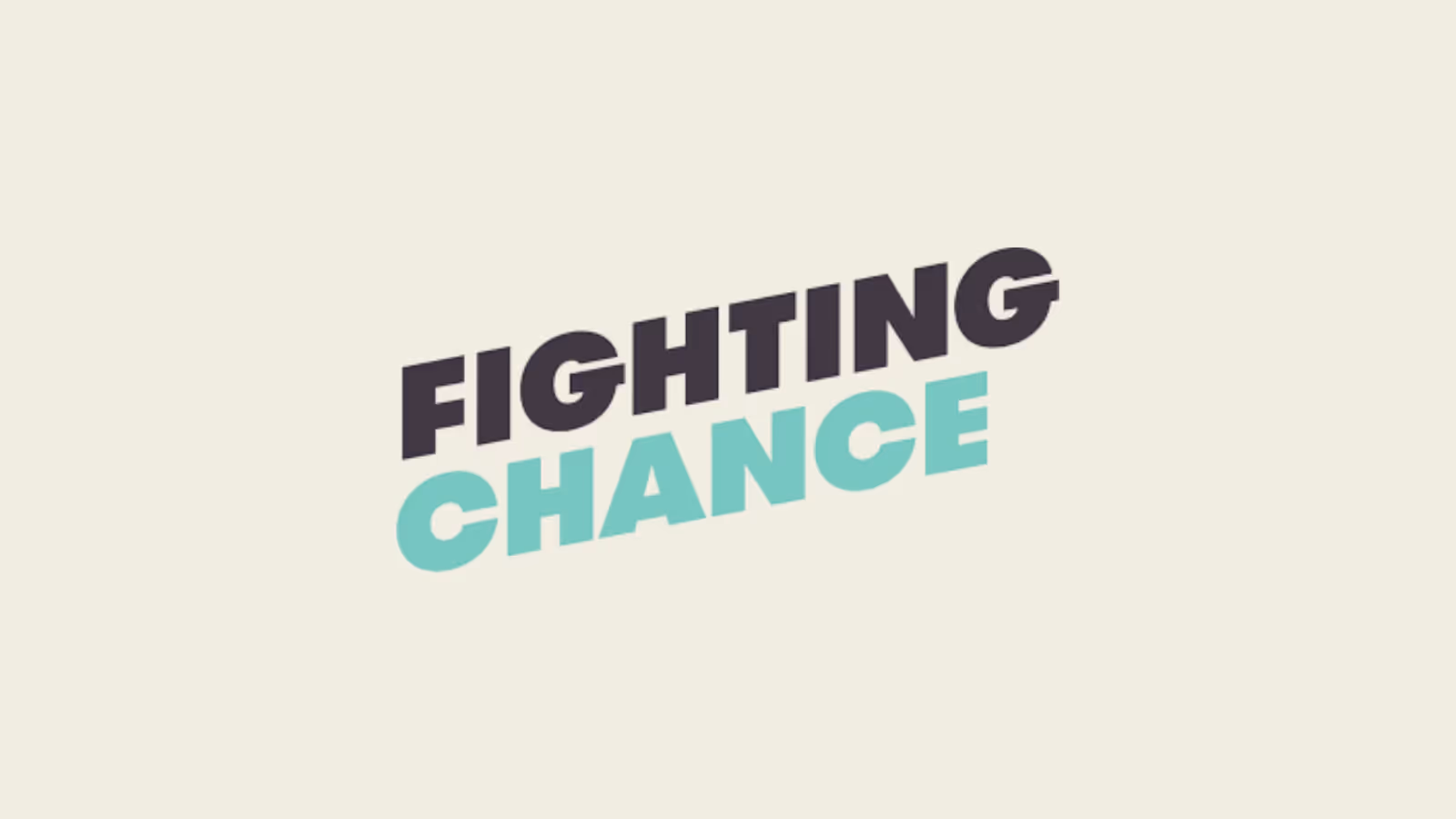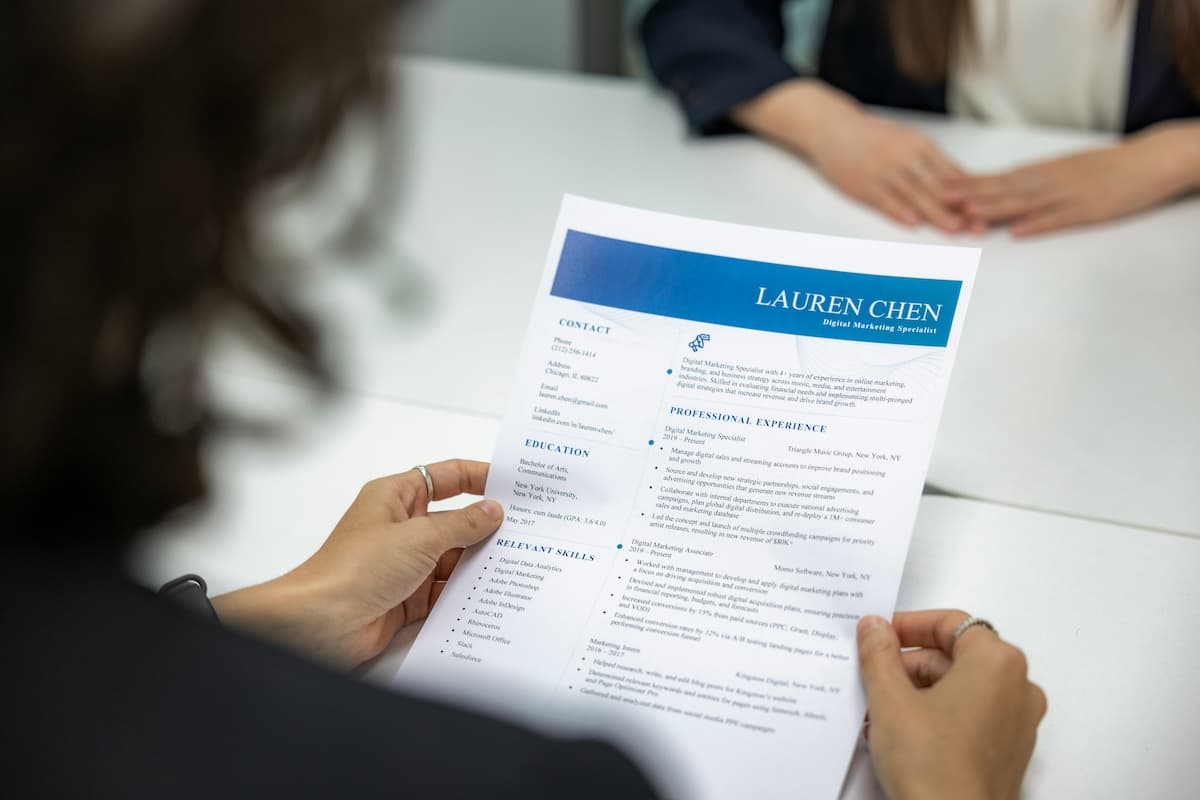Key Features of Good EAPs
Explore the key features of modern EAPs and why your business needs more than a hotline.

Does Your EAP Stack Up?
How many of these sentences resonate with you?:
- Our engagement is very low
- Staff don’t really know it exists other than some flyers in the break room
- Employees get a different counsellor every time (this is a serious red flag)
- I wouldn’t know who to contact to ask about our plan
- We have no idea how many people have used it
- We only hear from our provider once a year around invoicing time
- We have had bad feedback from employees who have engaged
- We don’t have a portal for staff to access at all it’s just a phone line
Unfortunately these are some of the most common things we hear when speaking to people about their experience with Employyee Assistance Programs, and it shouldn’t be that way. For the past 10 years there has been a vicious cycle across Australia that involved traditional providers not improving the service they are offering and large players from overseas moving into Australia who don’t understand the market and are not equipped to provide the proper levels of support to ensure your team is getting what they need out of the service.
This is the result..
Well what does good look like?
As a basic starting point some key things to look for in your EAP provider are:
- A leadership team that cares about mental health and the people that use it.
- A platform that is constantly changing to suit the clients needs.
- A user friendly platform, (phone line only services are so 1990s) e.g.
- Easy EAP access for staff
- Proactive support, not just reactionary interventions
- An intuitive booking system that shows profiles
- Diverse counselling support not just English
- Text, video and audio resources
- A critical incident protocol in line with Psychological First Aid
- A solution or offering to help your business manage Psychosocial Hazards including anonymous hazard reporting for staff, risk assessments, and support callbacks for people submitting incidents
-A live reporting dashboard so you can see your usage metrics in real time
- Regular check ins to get feedback from you
We would consider having all of the above as best practice. Anything else is a tick box.
Key Features of Good EAPs
Lets break down some of the key features of an EAP to understand what you should accept as the bare minimum, and what we at Foremind as Standard.
Employee Wellbeing Support
Onboarding – A structured onboarding program involving a launch event to raise awareness, before inviting all employees to the platform to ensure they know where to find support, when they should and what will happen when they do.
Accessibility and Flexibility – Should be accessible anytime and anywhere for employees on any device. RIP phone only solutions, people (particularly young people) prefer not to make phone calls.
Proactive Resources – Articles, videos and audio resources all included to help support the mental health of the employee – these are constantly updated and a big part of what helps lead them to booking their first counselling session.
Counselling Catalogues – The service should provide the option to look at a catalogue of providers and select one that will be best for them including the desired method i.e. f2f, online, phone.
Short Wait Time to Book a Session – Some EAPs take up to 2 weeks to get a counselling session. We pride ourselves on a 1.5 day average time to appointment. Quick response times to get help is essential in early intervention support, before a crisis eventuates.
Wellbeing Check Ins – A way for employees to self assess and understand their current state of stress with proactive steps for what they should do depending on their check in outcome.
Confidentiality – Data and support teams are based in Australia to protect the employee and allows for them to feel safe and confident to approach confidential EAP counselling sessions.
Training and Educational Programs – These workshops should provide effective information to leaders and managers within a business to allow them to grow and become better leaders.
Real-time Data on Usage / Uptake – Allows businesses to be aware of the overall usage of the platform and helps them pin point issues that might be occurring in different departments.
Active client relationship – Your EAP should be asking for constant feedback on what they can do to support your employees better, and provide a way for employees to easily give feedback on what they want too (i.e. resources, podcasts, a new counsellor etc.) Also they should pick up and respond the same day if you call for advice and focus on relationship building so you know you’re in safe hands.
Psychosocial Hazard Support
This is an emerging area that is really critical for business to understand as a result of recent Psychosocial Hazard Legislation. We believe that combining this with your employee wellbeing initiatives is the best way to ensure you are getting a complete view of the psychosocial safety climate of your organisation to best prevent the likelihood of incidents from occurring.
Which is why we support businesses through our comprehensive Psychosocial Safety System that includes:
Risk Assessments
The business can put the correct procedures in place to identify and control psychosocial risks as per the code of practice. Allows for you to keep track of the life cycle of the risk and ensure that it is looked after in a timely fashion, before risk becomes detrimental to the business and employer or worse WorkSafe comes knocking on your door.
Incident Triaging
Allow staff to report incidents or you can log them after they come to you in person, then go through the workflow required by the code or practice to review your controls and update them as required. Doing this process via email or on paper is putting you at risk from not having all your information in one place if you need to provide evidence of compliance.
Anonymous reporting line
According to SafeWork Australia 4/5 people who experience a bullying or sexual harassment incident won’t report it due to a fear of repercussion or judgement. If you can’t properly identify your hazards you are running the risk of exposure.
Audit Logs
Track how key items such as assessments, controls and reviews have evolved over time so you can prove you have been proactive in managing your compliance under the legislation.
So Are You Making The Most of Your Current EAP?
One of the easiest ways to see if you are making the most of your current EAP is try and call them and see if they answer at all and if they do how long it will take you to get a report of your uptake.
We’re shocked to hear that a lot of the time people can’t even find a person to call up to cancel their contract let alone provide business support if you needed it after an incident had occurred.
If you feel like your EAP isn’t up to scratch or just doesn’t really resonate with your staff then don’t stick with it. There is too much at stake to maintain the status quo out of convenience.
So what are you waiting for let’s have a chat.
Want to find out how easy it is to support your team?

Hello 👋 I’m Joel the founder of Foremind.
Are you ready for simplified support & compliance?
Latest insights
Answers to the frequently asked questions.
Email us at enquiries@foremind.com.au and we'll get back to you quickly with a response
Yes, we have culturally competent counsellors available, including those able to work with first nation and CALD employees.
Onshore on secure AWS Servers in Sydney Australia. All data is encrypted in transit and at rest and our entire team is located in Australia.
Employees can access our platform on any device (mobile, laptop, desktop, etc.) as long you have the website link - no need to download any app on devices. You wouldn’t need to enrol any of your staff individually.- When we do our onboarding, we ask for the first name, last name and email of all your employees, and send out an email invite to all them which will allow them to create their own individual account to access the platform. For new staff we can also invite them or provide you with a unique link to embed in your onboarding process, whichever is more convenient for you. We also kick things off with a launch webinar or video to make sure everyone is aware of Foremind and how to use it. We’ll also provide you with any collateral such as posters, QR codes, brochures etc. to help drive awareness and encourage people to create an account in the platform.
The support line is answered by our reception service 24/7. It is for urgent platform or session-related issues only (e.g. *“My counsellor didn’t show”*) or helping staff create an account.






